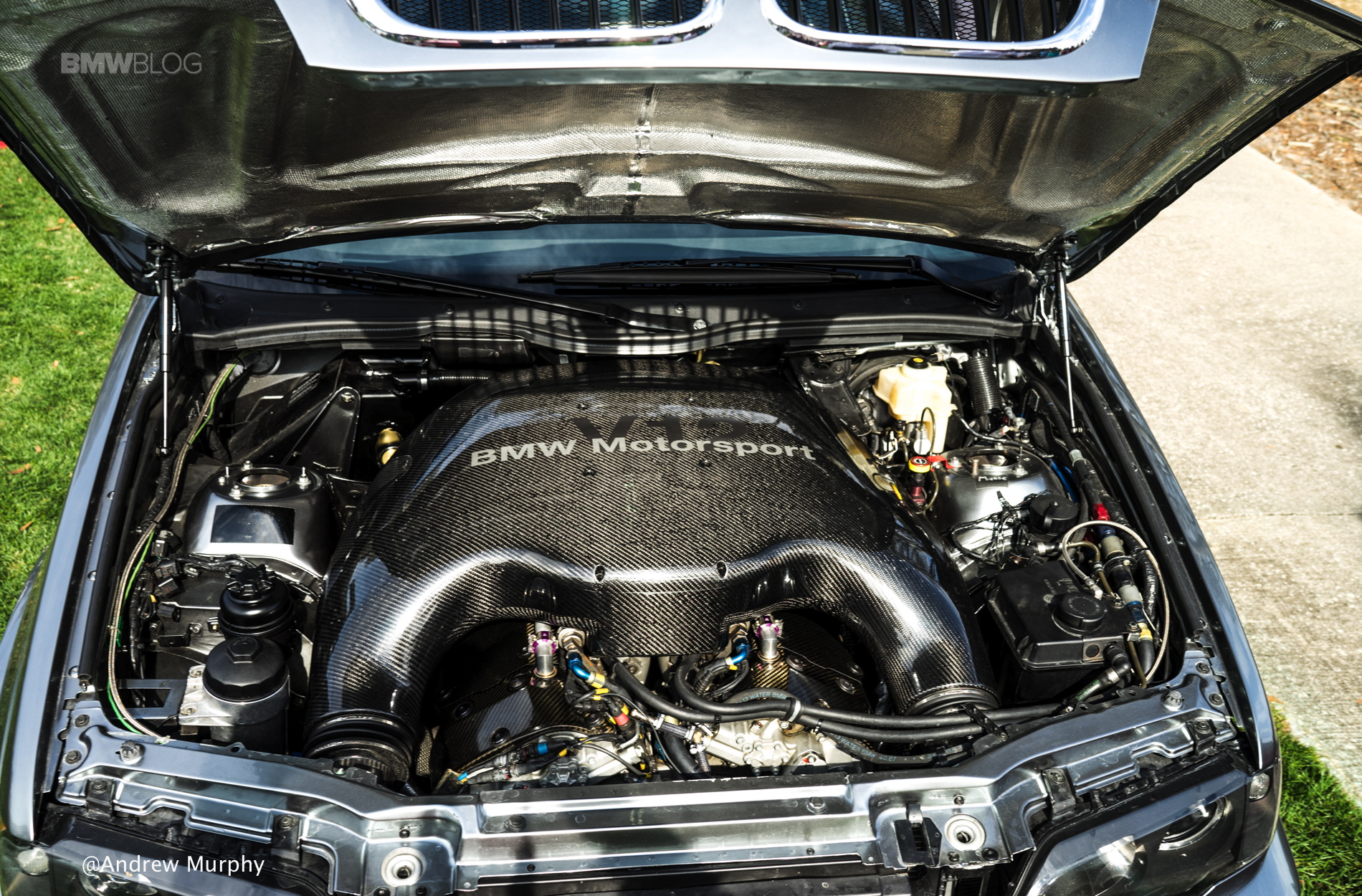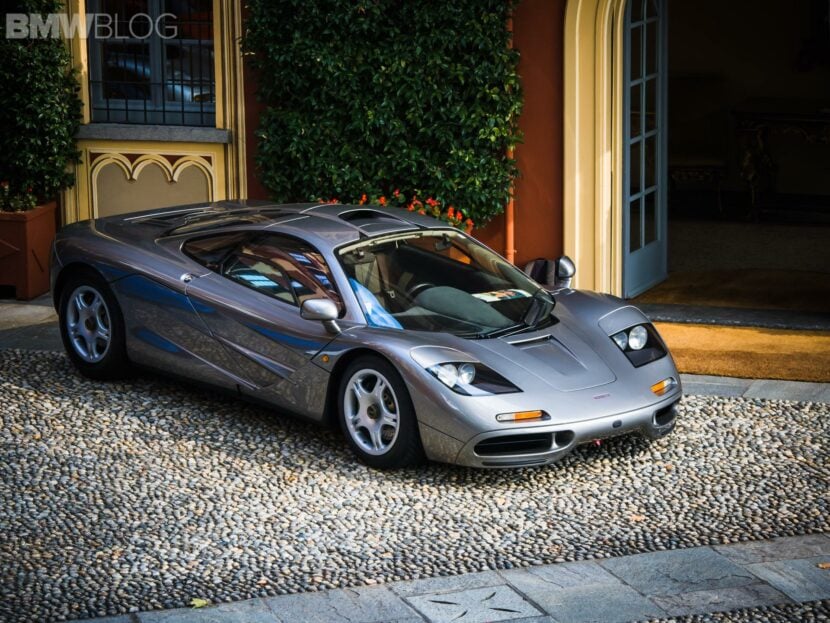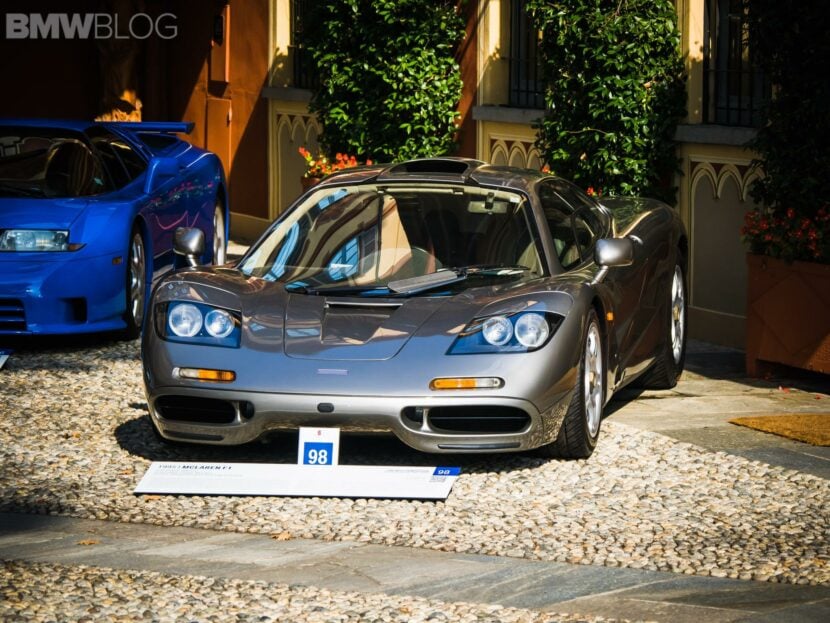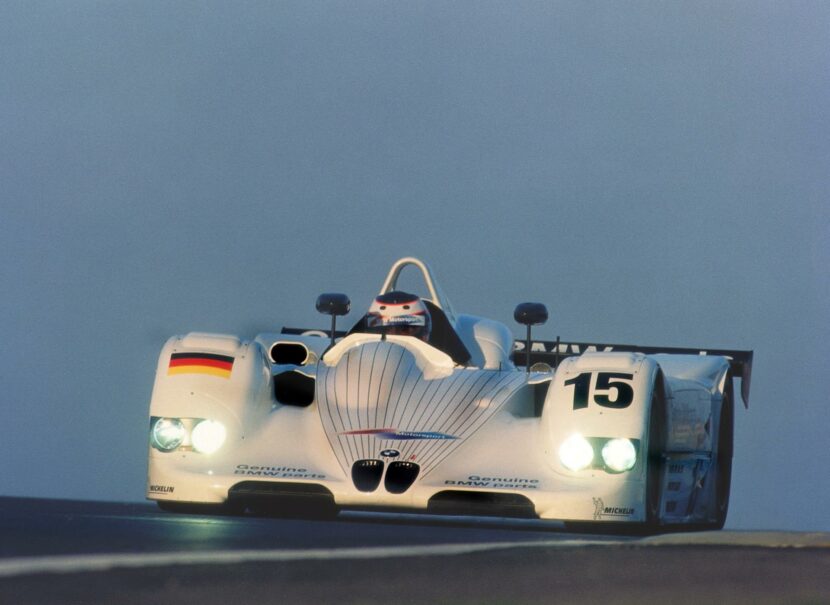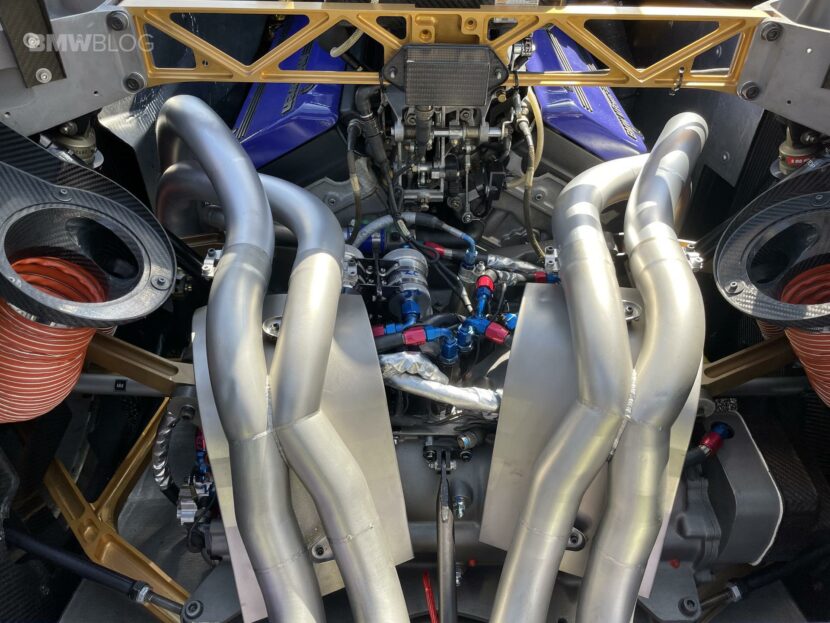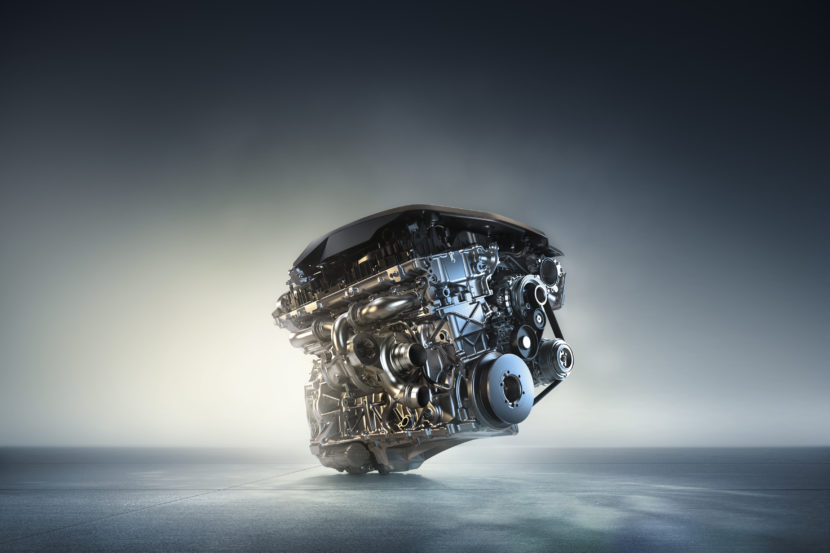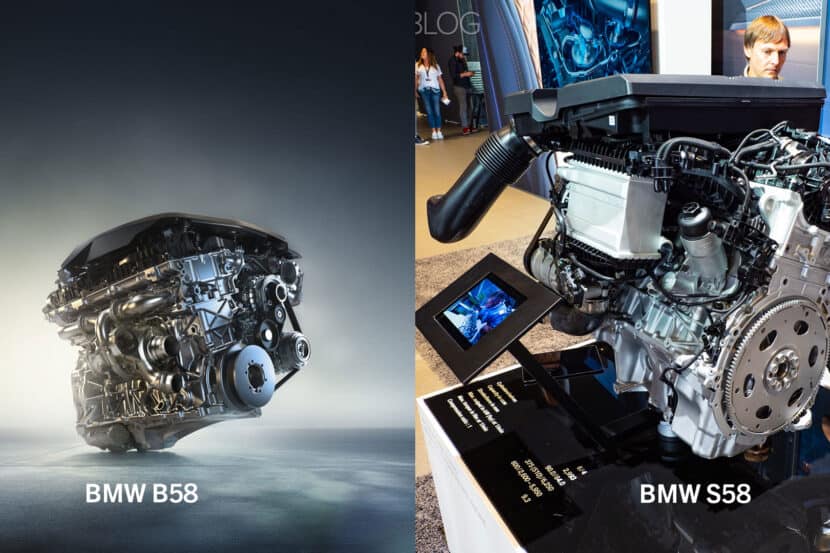If you are a fan of high-performance engines, you probably know about the BMW S70/2 engine. This wasn’t just an engine; it was a legend, the BMW S70/2. Nestled within the sleek curves of the McLaren F1, it pulsed with a power that belied its natural aspiration. No turbos, no superchargers, just pure, unadulterated Bavarian brilliance. But what makes this engine so special? Let’s find out.
V12 with 627 HP
While the M70, its predecessor, was a respectable V12, the S70/2 was a beast unleashed: four valves per cylinder, titanium conrods and VANOS variable valve timing. It was a 6.1-liter V12 engine producing 627 horsepower and 480 lb-ft of torque. It was developed by BMW Motorsport in collaboration with McLaren and Paul Rosche, the engineer behind many of BMW’s racing engines. The engine is based on the M70 engine that was used in the BMW 8 Series, but with many modifications and improvements. The S70 also powered the E31 M8 prototype that never made it into production.
Some of the features of the S70/2 include:
- A lightweight aluminum block and heads
- 60-degree V12
- A forged steel crankshaft and titanium connecting rods
- Four valves per cylinder and variable valve timing
- Individual throttle bodies for each cylinder
- Bore x stroke of 86 mm × 87 mm (3.39 in × 3.43 in)
- A dry sump lubrication system
- A bespoke carbon fiber intake manifold and airbox
- A custom exhaust system with four catalytic converters
The result is an engine that is compact, light, powerful, responsive, and reliable. The S70/2 weighs only 266 kg (586 lb), which is less than some V8 engines. It can rev up to 7500 rpm and has a power-to-weight ratio of 2.36 kg/hp (5.19 lb/hp). It also has a specific output of 103 hp/liter, which is impressive for a naturally aspirated engine. The S70/2 also shattered the land speed record in 1998, clocking in at 240.1 mph. It wasn’t just speed, though. The S70/2 possessed a soul. Its growl was a guttural roar that sent shivers down spines, a testament to the tireless hours poured into its creation.
The S70/2 was exclusively used in the McLaren F1, which was launched in 1992 and produced until 1998. The McLaren F1 is widely regarded as one of the best supercars ever made, and the S70/2 engine is a big part of its success. The McLaren F1 can accelerate from 0 to 60 mph in 3.2 seconds, from 0 to 100 mph in 6.3 seconds, and from 0 to 200 mph in 28 seconds. Best part? It was paired with a custom six-speed manual transmission with a carbon triple clutch.
The S70/2 engine also won several awards and accolades, such as:
- The International Engine of the Year in 1995 and 1996
- The Best Engine Above 4 Liters in 1995 and 1996
- The Best New Engine in 1995
- The Best Performance Engine in 1996
Le Mans Glory
In 1995, the McLaren F1 LM, powered by the S70/2 (detuned to 600 horsepower), takes the historic victory at Le Mans, beating out purpose-built prototypes. The F1 LM led for 21 hours, completing 275 laps, a record at the time. The lightweight F1 LM, with its naturally aspirated engine, triumphed over much heavier, more powerful competitors. The victory showcased the S70/2’s reliability, efficiency, and raw power in one of the most demanding races in the world. The victory cemented the S70/2’s legend, forever associated with one of motorsport’s most prestigious events.
McLaren F1 GTR and the S70/3
In subsequent years, modifications were made to the engine for its use in motorsports, particularly in the McLaren F1 GTR. This vehicle excelled in the BPR Global GT Series and, from 1997, the FIA GT Championship. By 1998, BMW’s Motorsport division had reengineered this engine into the 6.0-liter S70/3 variant, tailored for the V12 LM prototype racer and its successor, the V12 LMR. The S70/3 engine was also incorporated into the X5 Le Mans, although this concept never reached production, it left a significant mark in history by completing a lap of the renowned Nürburgring Nordschleife in under eight minutes. This record for an SUV remained unchallenged for 19 years.
A Masterpiece of Engineering
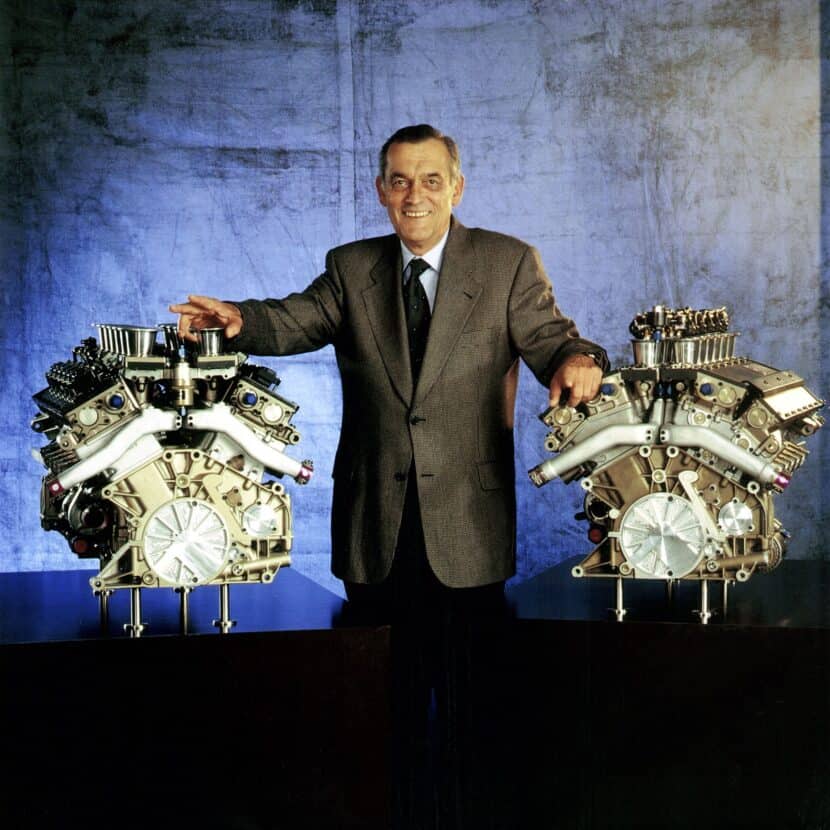
The BMW S70/2 is undoubtedly one of the best engines ever created, and a masterpiece of engineering. It is a testament to the passion and skill of BMW Motorsport and Paul Rosche, who delivered an engine that matched the vision and ambition of McLaren. The S70/2 engine is not only a powerful and reliable engine, but also a piece of automotive history.


